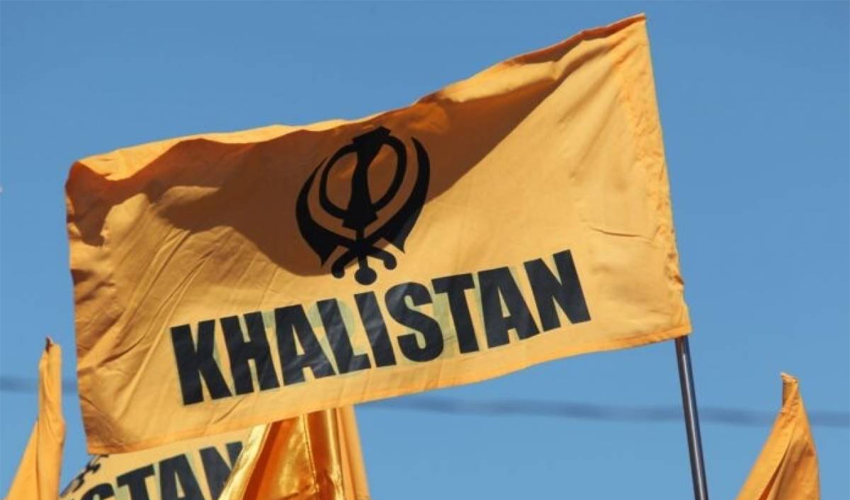- Web
- Today
Canada-India row puts spotlight on deaths of other Sikh activists
-

- Web Desk
- Sep 25, 2023

LONDON: Given the dramatic developments in Canada, where PM Trudeau has said there is credible evidence to suggest India was involved in the killing of a Canadian Sikh, it is unsurprising that rumours now swirl around the deaths of other Sikh activists around the world, including in the UK.
Avtar Singh Khanda, 35, was well known for his support of the creation of a breakaway Sikh homeland, Khalistan.
He died from a sudden illness in Birmingham in June, and some of those close to him insinuate there was foul play involved, according to the BBC.
West Midlands Police say they thoroughly reviewed the case and there were no suspicious circumstances and that there is no need to re-investigate.
But British Sikhs have long talked about feeling under undue pressure, as the Indian government has openly demanded that the UK authorities do more to stamp out “extremism” within the community.
Gurpreet Johal is a lawyer and Labour councillor from Dumbarton. He says he entered politics because of what happened to his family.
Six years ago, Gurpreet’s brother Jagtar – a well known pro-Khalistan and Sikh rights activist – went to India to get married.
US provided Canada with intelligence on killing of Sikh leader
Mr Johal’s family says that in the town of Rami Mandi in Punjab, he was forced into an unmarked car. He has been in prison ever since accused of extremist activities.
Jagtar Johal says he was tortured and forced to sign confession statements. It took years for him to be charged and he has never been tried.
“Fair play to Justin Trudeau,” says Gurpreet Johal. “The Canadian prime minister has stood up for his citizens, whereas the UK government has failed to do so.”
The human rights group Reprieve says it has compelling evidence that Mr Johal’s arrest in India followed a tip-off from British security agencies.
British Sikh organisations expressed outrage at that, but also at the fact that even after a UN working group called for the release of Jagtar Johal – saying his detention had been made on arbitrary and discriminatory grounds – the UK government has failed to do the same.
“It seems like the UK government cares more about getting a trade deal with India than it does about its citizens,” says Mr Johal.
Last month, the UK Home Office announced a further £95,000 to tackle the issue of “pro-Khalistani extremism”.
Calls for Khalistan separatism may have diminished over recent decades in India, but the issue continues to cause tensions and divisions among British Sikhs, with prominent voices in the community who do not support the creation of a Sikh homeland sometimes receiving online intimidation.
But it appears these often polarised sections of the community are coming together in their concern about misrepresentation.
“The Sikh community has integrated into British society and is known for its educational attainment and its seva (selfless service),” says Jagbir Jhutti Johal OBE, professor of Sikh Studies at the University of Birmingham. Though she does not discuss it, Professor Johal is one of those who has previously faced the ire of pro-Khalistanis. But of late, she has been deeply troubled by pressure she feels is being put on the whole community.
“This recent scrutiny as a result of the Indian and UK Government’s focus on ‘extremism’ is unfairly creating a negative impression of the community. That’s causing many Sikhs to question the intentions of both governments,” she says.
Professor Johal warns that all the focus and talk in recent years of tackling Sikh extremism here is potentially unhelpful and counterproductive.
The UK’s tactics and the news from Canada will be raising concerns for younger Sikhs, she says. They may not have been interested before but they will now study the concept of Khalistan, the alleged human rights abuses against Sikhs and the restrictions on freedom of expression.




